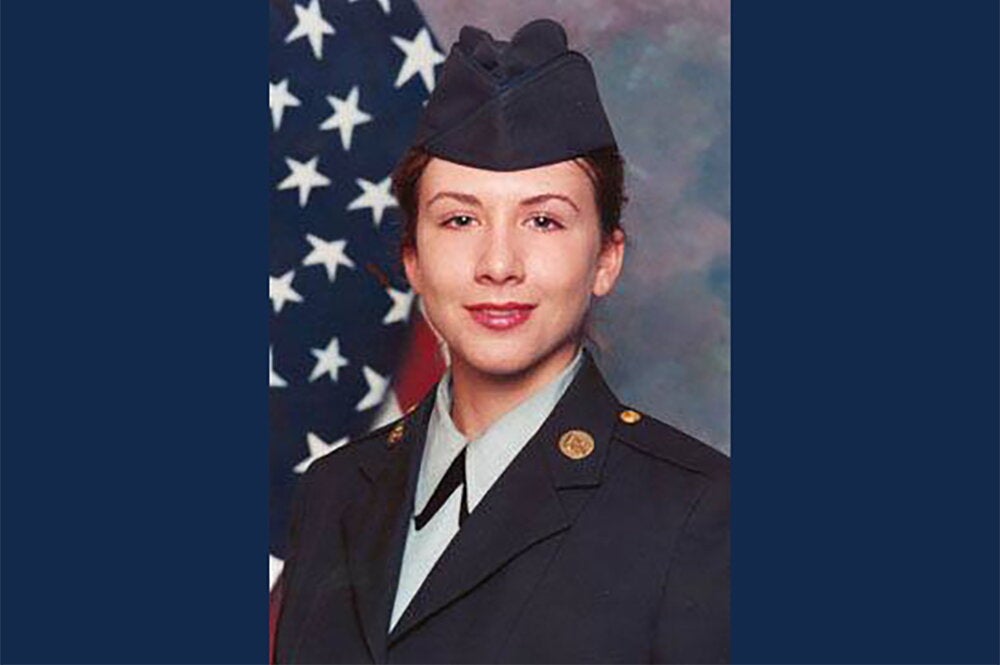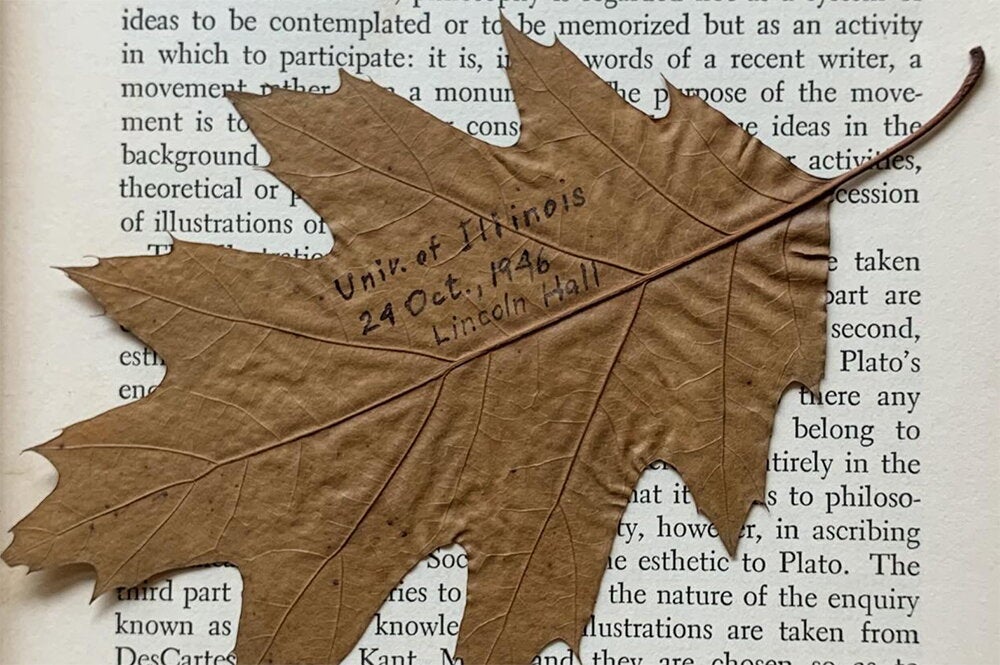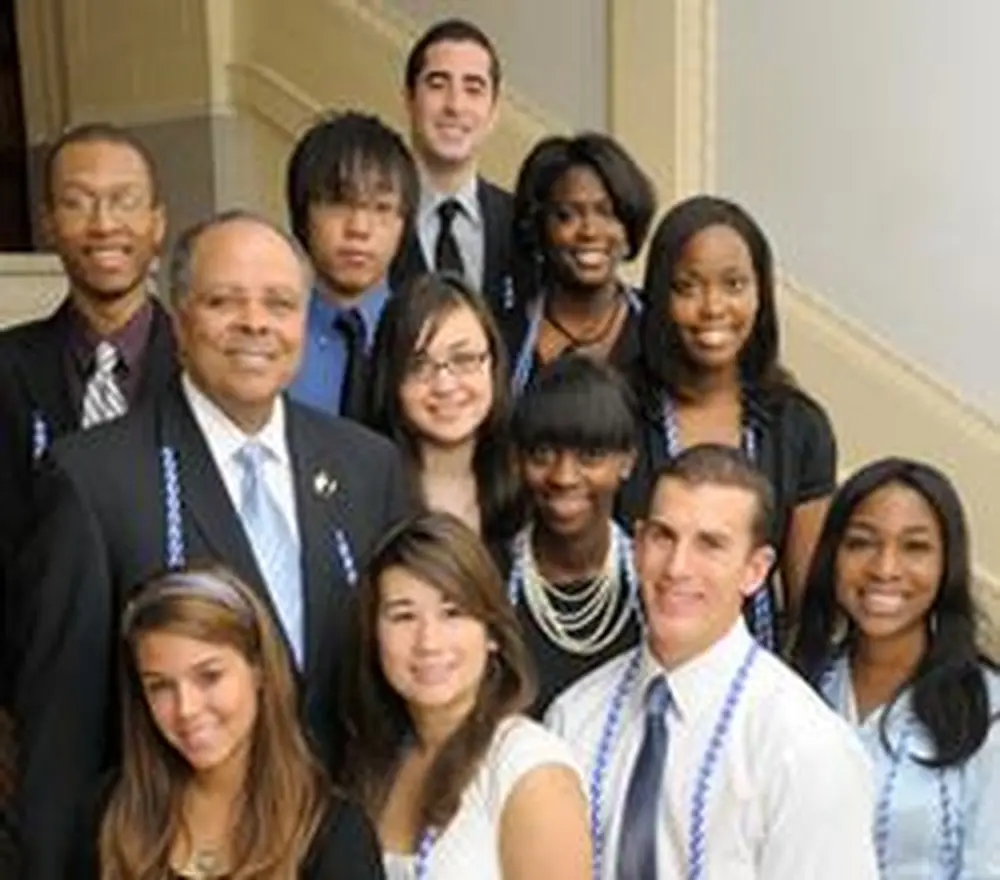
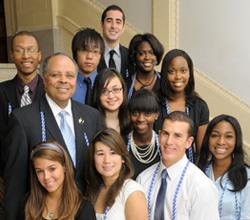
See yourself in the future. You are royalty.
The words sung by University of Illinois Black Chorus summed up the attitude at this fall’s induction ceremony for Chi Alpha Epsilon, a new honor society implemented by the LAS Access and Achievement Program (AAP), which provides services to underrepresented students through the Equal Opportunities Program and the President’s Award Program.
The ceremony was both a celebration and a pep talk for the 15 students inducted. After congratulating the students on the honor of joining the society, keynote speaker and Chi Alpha Epsilon founder Dr. Elbert Saddler stressed the importance of not being satisfied.
Saddler, a university psychologist at West Chester University of Pennsylvania, proposed a goal for the students to “go for the dean’s list.” He encouraged them to sign a contract to help motivate them and even offered wristbands that say “G4DL” as a reminder of that goal.
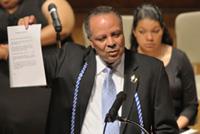
The College of Applied Sciences is the only other college on campus to have chartered a Chi Alpha Epsilon chapter.
“In obtaining a chapter at LAS, we wanted to use membership in a national honor society as a beacon to encourage continued high academic achievement, to assist with developing a commitment to service, and to further foster a sense of community,” says AAP director Kimberly Brown. “We chose Chi Alpha Epsilon because it complements our goals very well.”
Chi Alpha Epsilon is just one addition to AAP, which is currently expanding their services in an effort to impact more students. Formerly restricted to academic support (graduate student counselors and advisors) for students who have declared their major, the program has added multiple layers to their program. Along with the honors component, they recently integrated the Transition Program, which provides similar academic support for undeclared students in the Equal Opportunities Program.
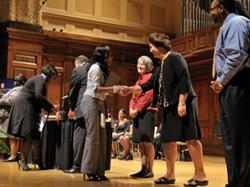
With funding from LAS, AAP has also added an honors, leadership, and outreach coordinator position, held by a graduate student. The coordinator’s job, along with creating and maintaining the program’s newsletter, is to research and update the students about service, research, and scholarship opportunities and to develop and implement activities geared toward building a sense of community within the program.
“(AAP) is great because it creates an environment where we can all support each other,” says inductee Roberto Martell Jr., who is a first-generation college student. “It really reminds us of the importance of what we’re doing here.”

